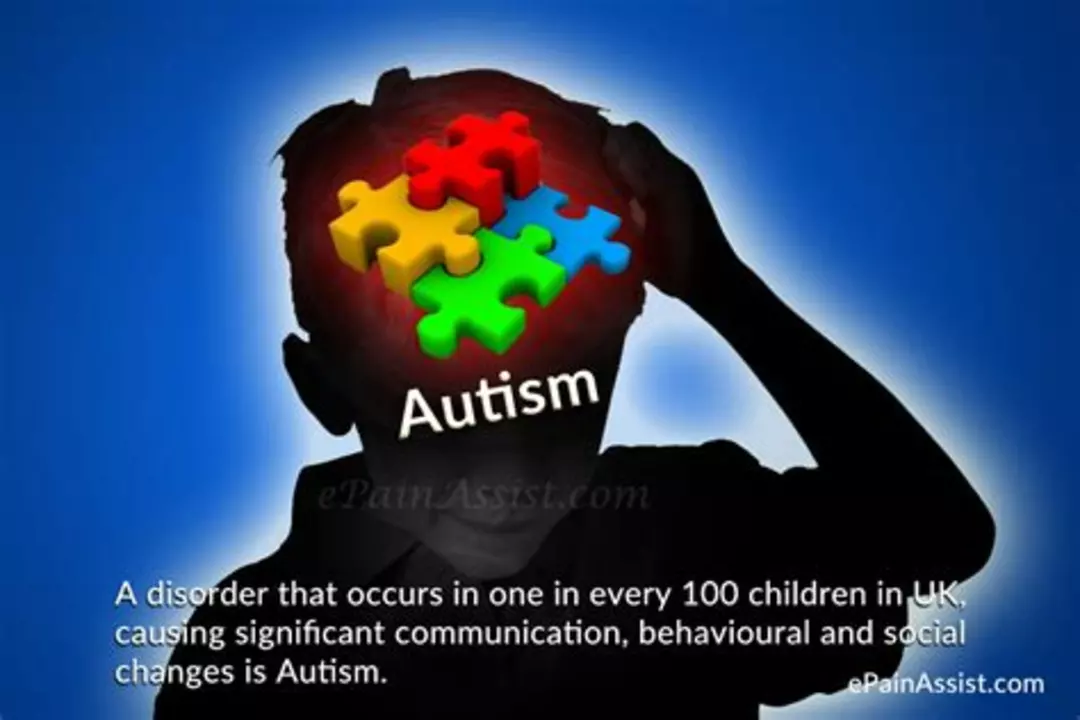Understanding Intellectual Disabilities: What You Need to Know
Intellectual disabilities affect a person’s ability to learn, understand information, and handle everyday tasks. It’s not just about slow learning; it covers a range of challenges with thinking, problem-solving, and social skills. You might see intellectual disabilities in people who take longer to pick up new skills or struggle with daily routines.
These disabilities start before the age of 18 and can be caused by various things: genetics, complications during pregnancy or birth, infections, or brain injury. But no matter the cause, early support makes a huge difference. It helps people build skills, improve independence, and enjoy life more fully.
How Intellectual Disabilities Affect Daily Life
Living with an intellectual disability means facing unique challenges. Basic tasks like managing money, cooking, or using public transport could require extra practice or help. Socially, things like making friends or understanding emotions might be harder. But with the right tools—like therapy, educational programs, and community support—these hurdles get easier to handle.
Caregivers and educators play a big role in helping people with intellectual disabilities thrive. They create personalized learning plans and teach practical skills step by step. Patience and consistency matter more than anything else. Encouraging independence, while providing guidance, leads to greater confidence and better outcomes.
Finding the Right Support and Resources
If you or someone you care about has an intellectual disability, know there’s help out there. Start by talking to healthcare professionals who can assess needs and recommend therapies or educational options. Joining local support groups can connect you to others facing the same challenges and share useful tips.
Don’t underestimate the power of routine and clear communication. Small habits like keeping a daily schedule or using visual aids can make life smoother. Technology, like apps for reminders and learning, can also be a big boost.
Remember, intellectual disabilities don’t define the person. With understanding and the right support, everyone has a chance to live a meaningful and enjoyable life.

The Connection Between Autism Spectrum Disorder and Intellectual Disabilities
As a blogger, I recently explored the connection between Autism Spectrum Disorder (ASD) and Intellectual Disabilities (ID). I discovered that while not all individuals with ASD have an intellectual disability, there is a significant overlap between the two conditions. Research has shown that about 50% of people with ASD also have some level of ID. The relationship between these two disorders is complex, and factors like genetics, environmental influences, and brain development might play a role in this connection. It's important for parents, educators, and healthcare professionals to be aware of this link in order to provide the best support and services for those affected by both ASD and ID.





